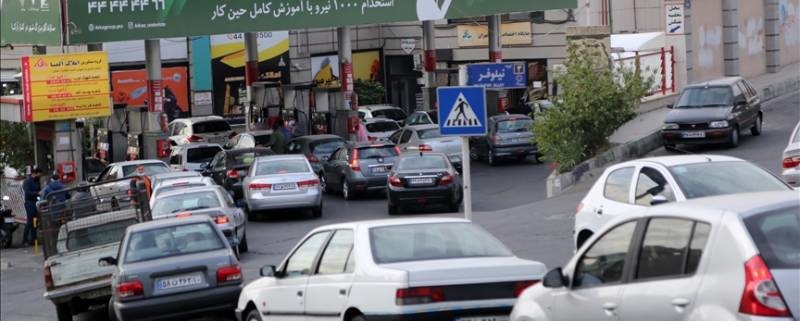Israeli protesters block highways, train stations as Netanyahu moves ahead with judicial overhaul
JERUSALEM — Tens of thousands of protesters on Tuesday blocked highways and train stations and massed in central Tel Aviv during a day of countrywide demonstrations against Prime Minister Benjamin Netanyahu’s contentious judicial overhaul plan.
The protests, now in their seventh month, have taken on a sense of urgency in recent days as Netanyahu and his allies in parliament march ahead with the program. The first bill in the package – a measure that seeks to limit the Supreme Court’s oversight powers – could become law as soon as next week.
The unrest also cast a shadow over a visit to the White House by Israel’s figurehead president, Isaac Herzog, who was invited to Washington to celebrate Israel’s 75th anniversary.
Herzog, a political centrist, has been involved in behind-the-scenes efforts to broker a compromise on the judicial overhaul, which has strained relations between Netanyahu and President Joe Biden.
In a meeting with Biden in the Oval Office, Herzog acknowledged that Israel was “going through a heated debate as a society.” But he said that debate shows that Israeli society is “strong and resilient.” He added that the country should seek an “amicable consensus.”
Biden, who has criticized the overhaul plan, said that the U.S. commitment to Israel was strong and the bond between the two countries was “unbreakable.”
Netanyahu and his allies say the overhaul is needed to rein in the powers of an unelected judiciary – particularly the Supreme Court – that they believe is overly interventionist in government decisions.
Their opponents, representing a wide cross section of Israeli society, say the plan is a power grab by Netanyahu and his ultranationalist and ultra-Orthodox allies that will destroy the country’s fragile system of checks and balances. They also say the prime minister, who is on trial for corruption charges, and his allies are motivated by various grievances against the justice system.
Late Tuesday, protesters thronged outside the U.S. diplomatic offices, packed the central square of Tel Aviv and crippled the city’s main highway. Police on horseback galloped among the crowds, trying to clear them away.
Earlier, protesters gathered…



